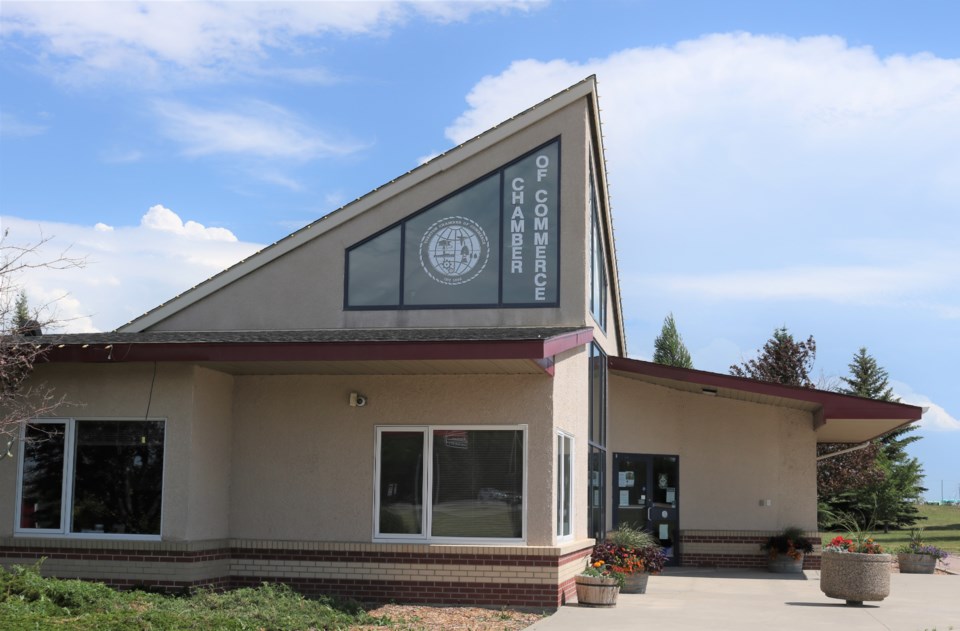The Yorkton Chamber of Commerce has several members unhappy about their property assessments and related property taxes.
At the Committee-of-the-Whole meeting of Yorkton Council Monday, Chamber president Marty Sveinbjornson asked questions of Council and City Administration hoping to better understand what has transpired.
The first concern was why commercial properties pay a bigger share of the property taxes collected than residential properties even though there are far more residential properties.
City Director of Finance Ashley Stradeski began by noting with an overall zero per cent increase in property taxes in Yorkton in 2021, the City is collecting the same amount of dollars as in 2020. However, he did note that with reassessment some properties are paying less, while others are paying more.
Councillor Dustin Brears added that Council “had discussed” putting a greater share of the tax burden on residential properties.
Stradeski noted as it stands commercial contributes roughly 55 per cent of taxes collected.
When it came to the assessment carried out by Saskatchewan Assessment Management Agency (SAMA) Sveinbjornson said there were concerns, and questioned whether the City will be looking at a different company to do the work moving forward?
You could do something, offered Coun. Darcy Zaharia “but it’s a lot more expensive to do it,” and in the end it would be the same process since that is legislated by the province. He said using the same type of data another assessment agency should still come up with the same results.
The concept of taking the work in-house was looked at in 2016, and the costs was about $450,000 for staff plus $150,000 for computer software, offered City Manager Lonnie Kaal.
Coun. Randy Goulden added those costs can rise with lawyer fees too when appeals drag through the process to the court level.
The City pays SAMA roughly $165,000 annually.
“We’re getting good bang for our buck (with SAMA),” suggested Coun. Chris Wyatt.
And ultimately “you’re using the same playbook to get the same results,” said Coun. Dustin Brears.
Sveinbjornson also noted not all businesses have the same level of amenities from the City, curbs, sidewalks and grass cutting, questioning whether they should receive a tax break?
Stradeski said in part those things factor into the value of a property and are reflected in a lower assessment and as a result lower taxes.
While taxes are understood as something required by the City to do what it does, something needs to be done, said Evan Ortynsky with Key Auto Group.
“Our assessments went up tremendously,” he told Council when he took to the podium. He added when increases are 40-50-100 per cent “you start to lose trust in what’s happening.”
Ortynsky said SAMA talks about fairness and equity in what it does. “I don’t see it.”
The best way to increase taxes is with community growth, and in business that means attracting investor dollars, but with the new assessment there is no incentive to invest, said Ortynsky. He said he has “two projects on the table” but increasingly can’t see why he should proceed.
That all said Ortynsky said he does believe Council understands the plight of business.
“I can see the empathy in all of you,” he said.
Coun. Chris Wyatt said the easiest solution is to offload more taxes to residential “but who’s making the motion?” acknowledging there are more votes in residential, and making a major shift would be a huge step.
Kirk Weinmaster said whatever the solution is, it needs to be found and implemented soon.
“The City right now is on a real slippery slope,” he said, adding the double hit of increased assessment and taxes could chase business and people from the city.
“We’re likely going to have to pay this ... but we’re a little louder this time,” he said.



